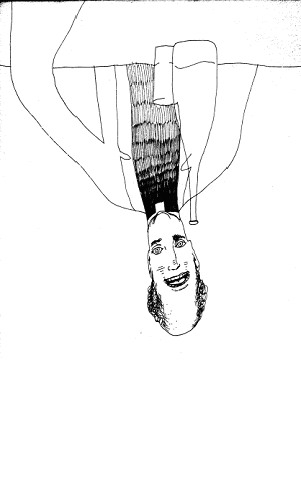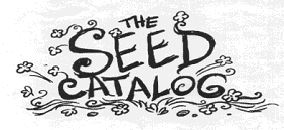In the mid-sixties, some of my sermons and articles were printed on rather regular basis in a little monthly magazine published by the United Church of Christ (UCC) for constituent congregations in North Carolina and Virginia. Dr. F.C. Lester, with good-natured diplomacy and courage, edited this paper, �The Christian Sun,� at a time of great racial tension and denominational bickering about whether the regional convention should be racially integrated. In our writings, Dr. Lester and I completely supported the desegregation of this deeply reluctant denominational structure, our position being synonymous with that of the national church. Somewhat on the basis of the credibility I established through those articles in The Christian Sun, I was asked in 1967 to become the associate editor of a new national magazine on education in church and society; and that is how I found myself in Philadelphia around 1967, trying to survive as a �professional� journalist and editor, my limitations looming large, and, to make matters much worse, working for a man whose personality, philosophy and style were nearly opposite from my own. Consequently, my ideas and abilities were of small benefit to the project. After about 2 years, I decided, with extreme disappointment, to resign. I well remember the moment when it all came tumbling down. We were in an editorial meeting with several people, discussing an article written by a pastor in Massachusetts who advocated that church members be denied communion if they did not sign an agreement to live next door to people of color. I objected to the article, using as an example Peter�s obvious defects as a disciple and his narrow, exclusionary standards, which, nevertheless, did not deter Jesus from accepting him at the first communion table, the Lord�s Supper. The editor�s response to my analysis was, �The reason you think that way is because you�re from the South.� I figured if he didn�t know me any better than that by then, he never would. � Bill Joyner

Let him who is in the field not turn back. Remember Lot�s wife. Whoever seeks to gain his life will lose it, but whoever loses his life will preserve it. � Luke 17:31-33
I have learned that everyone is lonely, at bottom, and cries to be understood; but we can never entirely understand someone else, no matter how much we want to; and each of us will forever be part stranger � even to those who love us most. � Leo Rosten
revelation |
|
|
I used to wonder why God had trouble with revelation. Why couldn�t he make himself known with such dramatic power that none could disbelieve.
Then one day I tried it.
An agnostic strained to see me through the thick filter of his doubt but he could not. |
Over and over he said, �prove that you have worth; then I will believe.� But I knew he would not � even if I turned stones to bread, walked on water, and rose from the dead.
I was trapped by doubt And could reveal no more of myself than another was willing to accept.
Then I knew why God had trouble with revelation. |
|
William T. Joyner, WHEELS IN THE AIR, Pilgrim Press, l968 |
|
An error is simply a failure to adjust immediately from a preconception to an actuality. � John Cage
Terrence Stamp will always own the role of Billy Budd, the innocent, fun-loving young sailor who is pressed into service aboard an English warship commanded by Captain Vere (Peter Ustinov). Billy is adored by his shipmates but arouses a kind of primal resentment in the tyrannical first mate, Claggart (played with lacerating menace by Robert Ryan). Eventually, Billy is set up in such a way that the conscience stricken captain, though he suspects the seaman has been framed, must decide whether or not he will walk the plank, according to royal rules of the sea. During the interrogation proceedings, an older member of the crew explains why he thinks Claggart so violently despises the young sailor, �Billy Budd had a grace,� he said, �that Claggart knew he himself would never possess, and so he plotted to destroy him.� �BJ

P. O. Box 3411 / Sarasota, Florida 34230